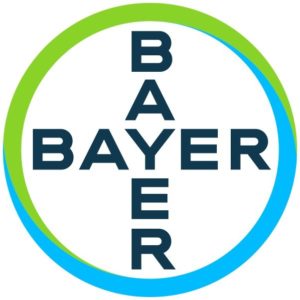Nov 10, 2022Bayer acquires German biotech start-up Targenomix
Bayer’s acquisition of Targenomix, a German biotech start-up, should contribute to Bayer’s Crop Science R&D pipeline by delivering new systems biology approaches for crop protection discovery.
On Nov. 10, Bayer announced its purchase of Targenomix, a spin-off of the Max Planck Institute for Molecular Plant Physiology (MPI MPP), which uses novel systems biology and computational life science tools to identify new modes of action for crop protection compounds. Targenomix will continue its start-up approach as a standalone entity wholly owned by Bayer, according to a news release.


“Targenomix’ approach has proven to be very successful,” Robert Reiter, head of R&D at Bayer’s Crop Science Division, said in the release. “By using a unique and holistic systems biology approach and leveraging leading expertise building on a strong scientific foundation stemming from the MPI MPP, Targenomix has delivered numerous novel targets and modes of action for small molecules in weed control. Their innovative tools to identify and select safe and sustainable compounds complement our design-based strategy in crop protection discovery and will accelerate the development of new products that farmers need to meet future challenges of agriculture.”
By further integrating Targenomix’ systems biology approach into Bayer’s established R&D pipeline, Bayer is driving the development of innovative new technologies towards safe and effective products that farmers need, according to the release.
“Combining Bayer’s leading capabilities and proven crop protection pipeline with Targenomix’ flexible start-up mindset, deep multi-omics technology, and systems biology expertise will allow us jointly to continue to deliver novel modes of action,” Sebastian Klie, Targenomix’s CEO, said in the release. “This new phase of our complementary relationship will accelerate the discovery of the next generation of sustainable and safe molecules.”
Bayer and Targenomix have been working together since 2014, with the discovery and development of the industry’s first new post-emergence herbicide mode of action (MOA) for broadacre weed control in 30 years supported by the collaboration. The molecule has demonstrated effective control of key resistant grasses in research and is expected to be commercialized towards the end of this decade, according to the release.















